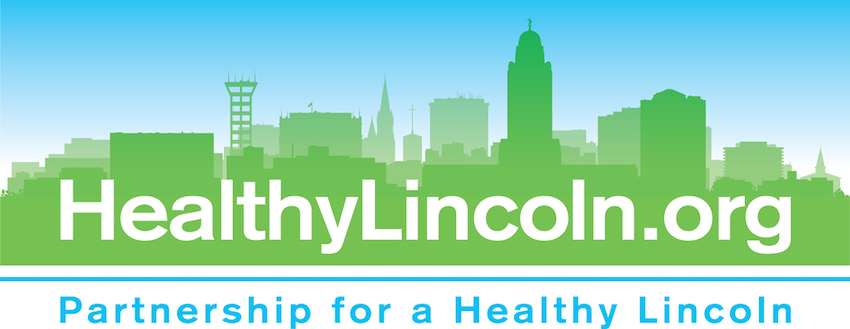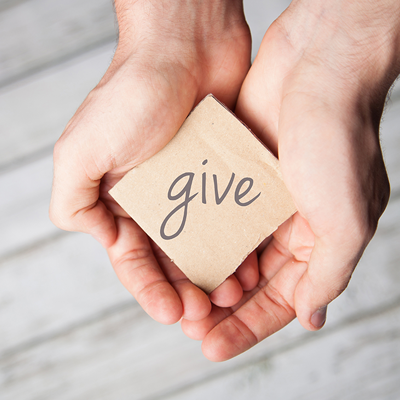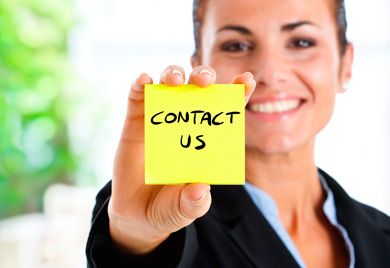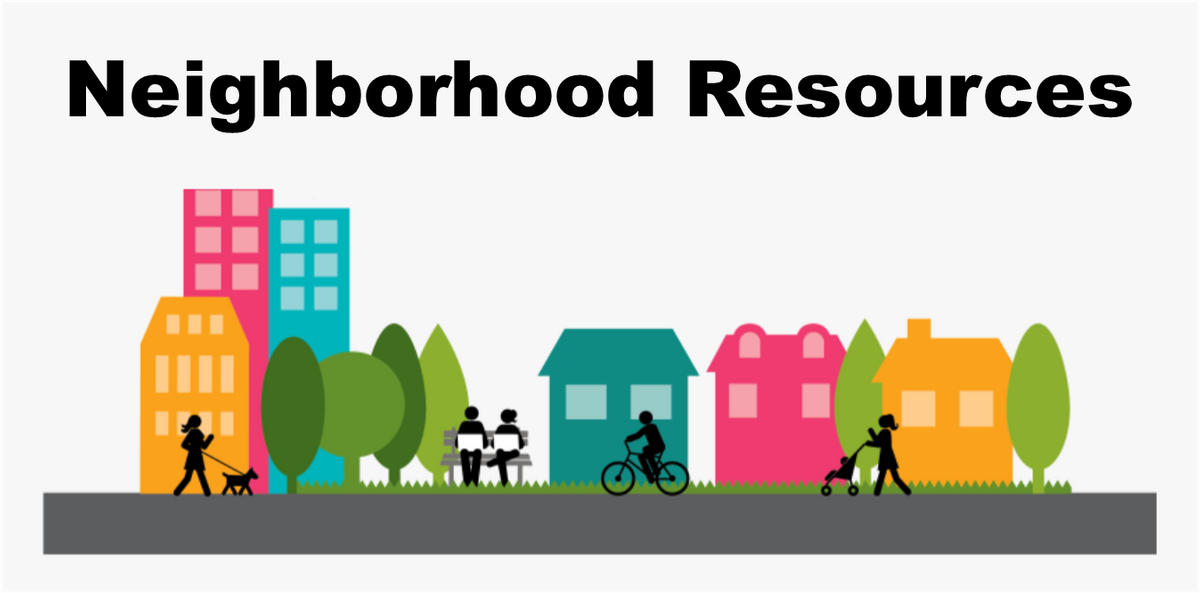
Living Longer, Healthier Lives
Neighbors coming together can improve the health of a neighborhood. Helping create healthy neighborhoods, that in turn create a healthier community is a key component within Partnership for a Healthy Lincoln’s mission. Through neighborhood action, the social and interpersonal support networks in the community grow stronger. And researchers have learned that people who have strong support networks are not only healthier, they literally live longer.
Together We Are More Effective
People acting together are generally more effective in reaching their goals than people working by themselves. There is strength in numbers. When neighbors work together to improve the health, safety and beauty of their neighborhood, their efforts are more likely to be successful, and one success often leads to more successes. It’s easier to do things that improve your neighborhood like clean up a vacant lot, create a neighborhood garden, get rid of graffiti, or update a neighborhood park when you work together with others.
Hosting a neighborhood wellness event can be a fun and active way to bring neighbors together. A wellness event not only provides an opportunity to encourage physical activity and healthy nutrition to improve individual health, it also provides an opportunity to discover common needs and concerns and provide a basis to design and carry out actions as a neighborhood that will respond to those needs. Here is a free neighborhood wellness event toolkit to help you get started: Neighborhoods Alive! Toolkit.
Working Together Has Tangible Benefits
The benefits of neighbors coming together for the betterment of their shared community are many:
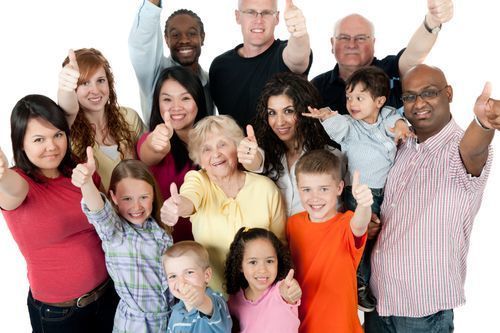
- Social connectedness. Neighborhood action connects people. Social connectedness, the strengthening of the web of feelings, actions, and interactions that ties people together, has been identified by research as one of the main social determinants of health.
- Improving the lives of children. Neighborhood action can produce better outcomes for children. Research suggests that stronger neighborhoods do in fact produce more resilient, more goal-oriented, and better adapted young people.
- Neighborhood cohesion. Through neighborhood action, neighbors come to know each other better. They often find they are more similar than they thought before, sharing values and common goals. They will tend to more enjoy each other's company, and to seek it out.
- Trust. According to national polls, trust has been on the decline in American society. Successful neighborhood action helps to restore it. People feel they can rely on others for help, for tasks as mundane as feeding the cat when they are on vacation, or borrowing a tool, or just keeping an eye on the house. And when trust is confirmed, it is more likely to be reciprocated.
- Security. Neighborhood action usually increases security. If you know, like, and trust your neighbors, you are more likely to feel secure where you live, both physically and psychologically.
- Reducing crime. Recent studies have shown that cohesive neighborhoods are associated with lower crime levels, with the further suggestion that the cohesion may be responsible for the crime reduction.
Helpful Links
- Neighborhood Tool Kit: Ideas, resources for creating a neighborhood wellness event
- Community Crops: Help with or questions about creating a shared neighborhood garden
- Lincoln Fresh: Food Bank mobile van that provide access to fresh local produce
- Lincoln Parks and Recreation: Questions about or help to improve a neighborhood park; issues with neighborhood trees
- Great Plains Trails Network: Questions about improving or connecting to a neighborhood biking or walking trail
- Lincoln Transportation & Utilities: Questions and information about neighborhood access to bus service; questions and information about neighborhood traffic issues; questions and information about watershed management, solid waste management
- Mayor’s Roundtable: Connecting to other neighborhood associations to share information, ideas, and resources
- Community Learning Centers (CLCs): Connect to a CLC that serves your neighborhood. CLCs bring schools, families, neighborhoods, and local organizations together to help students and their families thrive.
- Community Action Weatherization Programs: Information about weatherizing homes in low income neighborhoods to improve home health and safety which can help to maintain or improve neighborhood property values
- Strong Neighborhood Grants: Grants to support neighborhood-based, resident-led programs and projects across Lincoln up to $2,500. Projects may include, but are not limited to: (1) neighborhood events that bring neighbors together and strengthen relationships in the community (2) projects that enhance the safety, beauty or social connections within a neighborhood (3) projects that develop leadership skills and roles of neighborhood residents. Download more info.
- Graffiti Control: Free city services for cleaning up graffiti
- UPLNK: UPLNK is a free app hosted on the SeeClickFix platform. Use it to report non-emergency quality-of-life issues within the Lincoln City limits, such as streetlight problems, downed tree limbs, potholes or park maintenance issues. There is an option to upload a photo with each service request. You can also use the app to access various City databases.
- NeighborWorks: NeighborWorks Lincoln is a non-profit that works to increase home ownership and educate first time buyers. Home ownership increases neighborhood stability.
- City of Lincoln/LPD: Information and questions about creating a neighborhood watch program to address crime
- HazToGo: Information and locations for hazardous waste disposal
